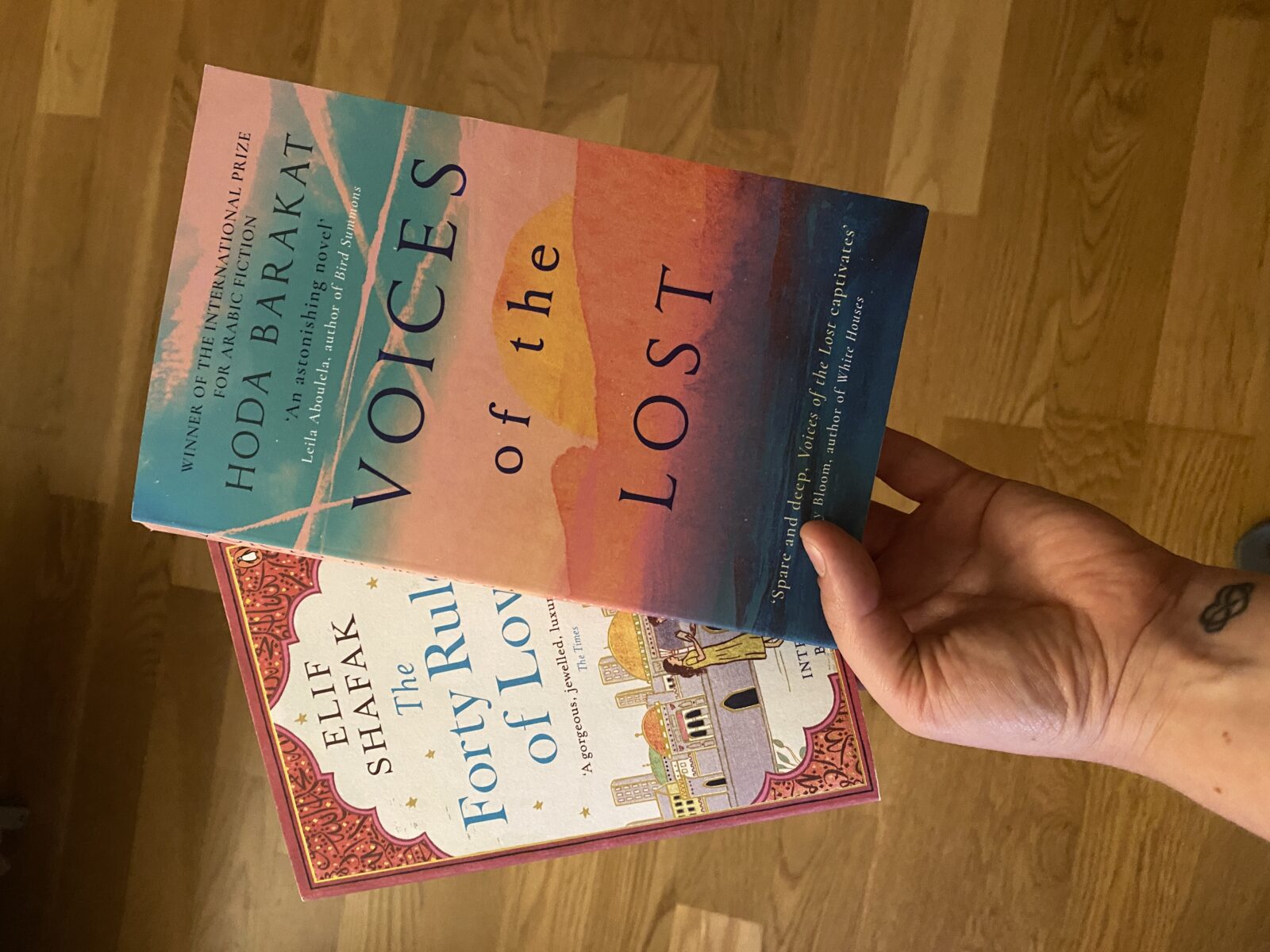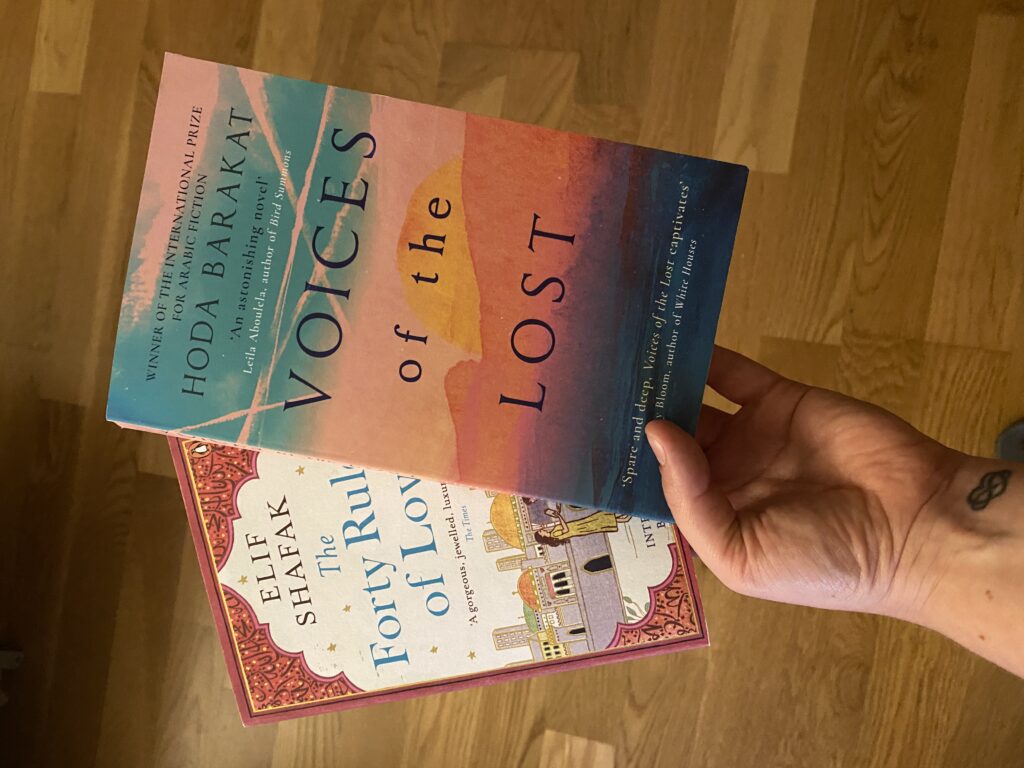The Forty Rules of Love, Elif Shafak
This novel by Shafak follows, on the one hand, a housewife who finds herself in a life she doesn’t really enjoy, falling in love with a person she has never met, and on the other hand, the lives of the famous poet Rumi and his spiritual companion, Shams of Tabriz. I have to admit, I had little patience for this novel, mainly because of its embrace of stereotypes in more ways than one. Ella is the lonely, sad housewife who takes care of everyone but herself. Rumi and Shams of Tabriz are self-important preachers/poets/choose whatever word you want to describe them who act as if every word out of their mouths has the weight of gold, not caring how their actions affect the people (especially women) around them. In my opinion, the power of fiction is not only to recreate worlds to show readers how things were in the past, but also to take that power and reimagine past events through a feminist lens, or at least one where women and minorities are not shown as victims of the same old narratives, but rather, where they use their implicit agency in their actions. It is a slight shift of perspective, but one that makes a significant difference in how a text is read and perceived, and Shafak fails in this. The result is a quite average novel, which is all well and good until one realizes that it could have been more than average—it could have been great.
Voices of the Lost, Hoda Barakat
Voices of the Lost follows the stories of five Lebanese immigrants as they navigate lives they never imagined leading in the forms of letters to their loved ones. Each letter is tenuously connected to the previous one, though neither of the letter writers is aware of it, and the letters themselves portray haunting realities that leave the reader aching. The pain of words being left unsaid, of never knowing the reasons behind people’s actions, of never seeing loved ones again…all while living in a new country, being forced to do certain things or work horrific jobs just to survive. It is already well known that the state of immigration is absolutely shameful, not just in places like the U.S., where the fight over the border is talked about incessantly, but also in places like Europe, where residents prefer to bury their heads in the sand rather than acknowledge the inherent humanity of the people trying to reestablish their lives. Barakat’s novel strips away all the feeble turns of phrase utilized around immigration and reveals what is left: pain, hurt, abandonment, rejection, and a society that again and again chooses themselves over helping others. Her prose forces introspection, and one can’t ask more of a book than that.

